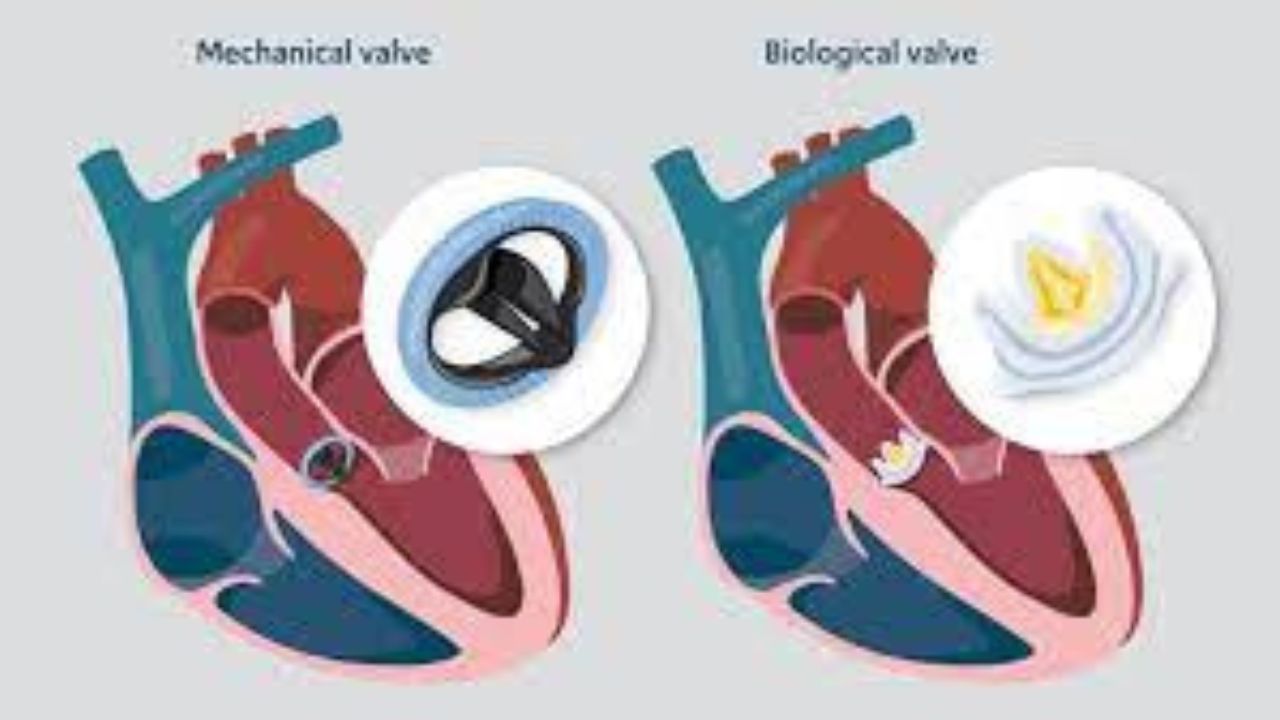Coronary Valve Replacement in India
Coronary valve replacement surgery, also known as heart valve replacement surgery, is an open-heart surgical procedure to replace damaged or diseased heart valves. This surgery uses biological (produced from animal or human tissue) or artificial valves to restore normal heart function.
Who Can Benefit from Heart Valve Replacement Surgery?
Individuals with heart valve disease or endocarditis can significantly benefit from coronary valve replacement surgery. This procedure can drastically reduce symptoms or even reverse damage, leading to an improved quality of life. Heart valve issues can stem from age-related wear, untreated congenital abnormalities, or conditions like endocarditis, all of which may necessitate valve replacement surgery.
Procedure
Traditional Coronary Valve Replacement
In traditional coronary valve replacement, the surgeon makes an incision down the length of the breastbone to access the heart. The heart is temporarily stopped, and blood flow is diverted to a heart-lung bypass machine to maintain circulation. The surgeon then replaces the damaged valve and restarts the heart using electrical shocks. Finally, wires are used to close the sternum, and the wound is stitched up. The number of valves needing replacement will determine the duration of the surgery.
Minimally Invasive Procedures
Minimally invasive surgery, often called ‘keyhole’ surgery, is a less common but highly effective alternative. This approach involves making small incisions between the ribs, allowing the surgeon to insert instruments without cutting through the sternum. The damaged valve is replaced while the surgeon observes the procedure on a monitor. This method typically results in a quicker recovery time and less postoperative pain.
Recovery Time
Post-surgery, patients generally spend about a week in the hospital. Pain near the wound can be managed with medication. The sternum takes approximately six weeks to heal, so patients should avoid driving and strenuous activities during this period. Additionally, several weeks off from work are recommended to ensure proper recovery.
Risks
As with any surgical procedure, coronary valve replacement carries certain risks. Potential complications include blood clotting (which can lead to a stroke or heart attack), infection, damage to the new valve, and irregular heartbeat (usually temporary). There is also a very small risk of death during or after the procedure. Surgeons thoroughly discuss all potential risks with patients before proceeding with the surgery.
Conclusion
Coronary valve replacement surgery is a life-saving procedure for individuals with severe heart valve disease. In India, highly skilled cardiac surgeons perform this surgery using advanced medical techniques. While the procedure carries certain risks, the benefits of improved heart function and quality of life make it a viable option for many patients.





